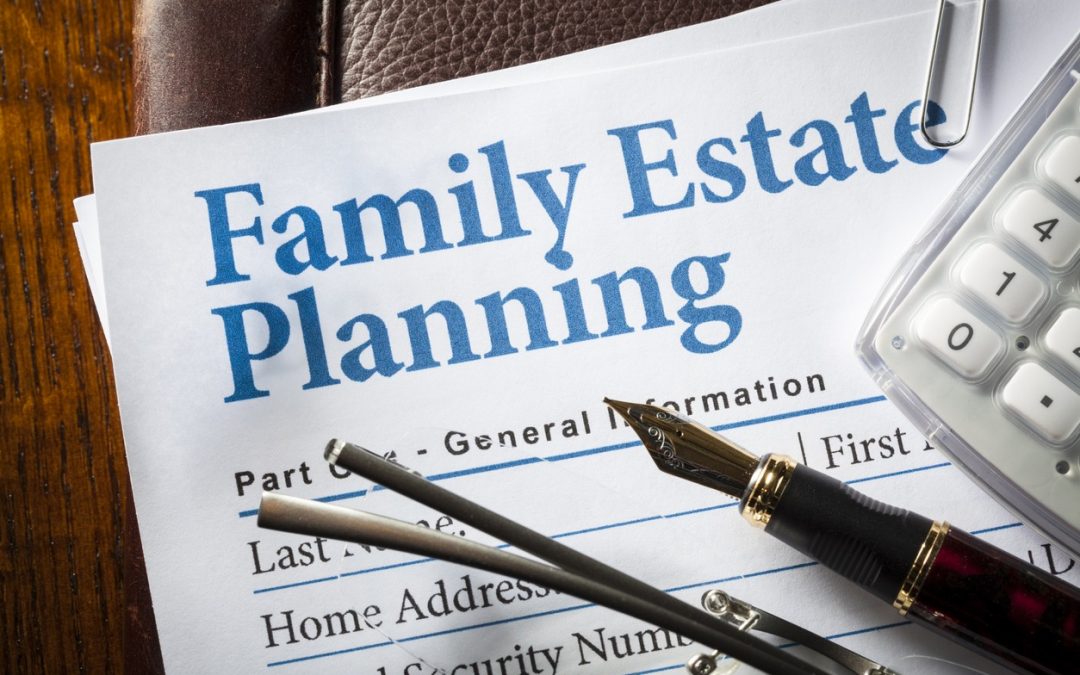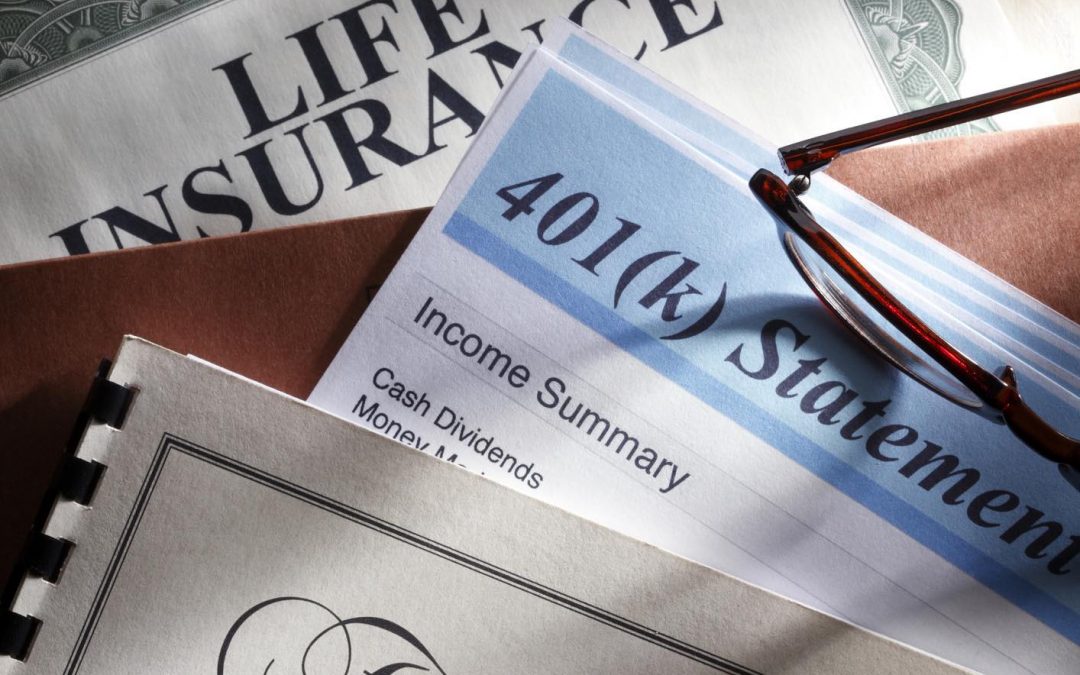
Author: Adam Wire


Government programs for long-term care
If you have a low income, little to no savings, no valuable assets, or if you simply can’t afford traditional long-term care insurance, you may be eligible to receive long-term care benefits from the government. Federal Long-Term Care Insurance Program FLTCIP is...
Using a trust to pay for long-term care
According to the U.S. Department of Health and Human Services, individuals 65 and older have a 70 percent chance of needing long-term care at some point in their remaining years. The average cost of a semiprivate room in a nursing home is $6,844 per month, and the...
Using annuities to pay for long-term care
There are many ways to pay for long-term care, including long-term care insurance, health savings accounts, Medicaid, trusts, reverse mortgages, and personal savings accounts. You can also use annuities to pay for long-term care. What are annuities? Annuities are...



